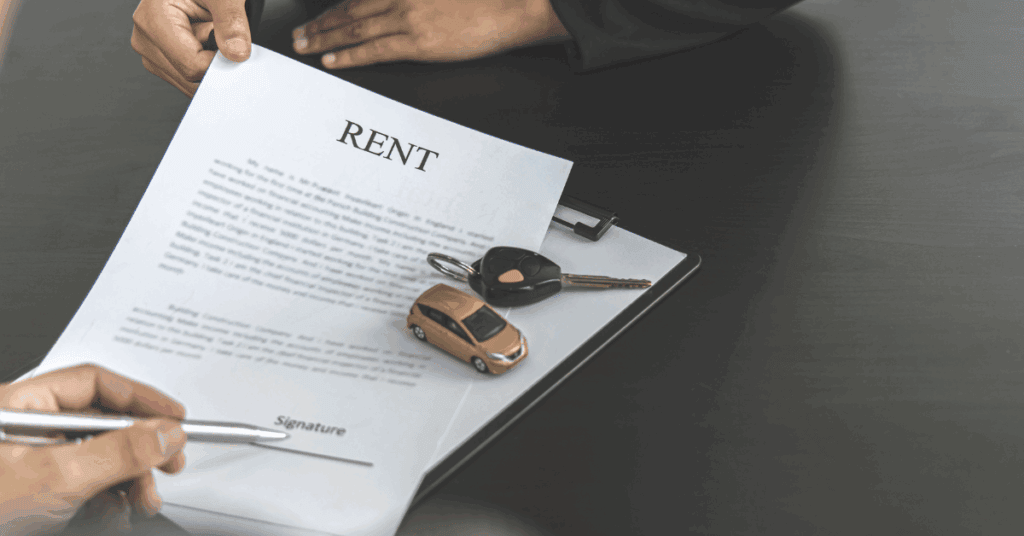Protect Your Rental Investment with Steadily
- Comprehensive coverage for fire, water, vandalism, and more
- Quick online quotes—get insured in minutes
- Tailored policies for short, mid, and long-term rentals
- Nationwide availability across all 50 states
Educational Content | Not Financial Advice | Connect with Licensed Professionals
Owning rental properties can generate long-term wealth—but without the right risk management strategies, one bad tenant, lawsuit, or natural disaster can wipe out months (or years) of cash flow.

Whether you own one rental or 20, managing risk isn’t just about avoiding problems—it’s about preserving your assets, income, and reputation.
In this guide, we’ll walk through the top risk management tips for rental portfolios, including what systems to put in place, how to protect yourself legally and financially, and the habits that separate successful investors from the rest.
Every rental property comes with risk. Multiply that risk across multiple units, tenants, and markets—and things can get complicated fast.
Without a plan, you risk:
Smart risk management helps you stay profitable, protected, and scalable.
Each property should be covered by landlord insurance, not standard homeowners insurance.
Must-Have Coverages:
Pro Tip: Add an umbrella policy once your portfolio grows beyond 3–5 properties.
Holding properties in your personal name exposes your entire net worth to legal risk. Instead:
📌 LLCs can provide asset protection, tax flexibility, and clearer separation of liability.
A well-qualified tenant is your first line of defense.
Screen for:
Bonus Tip: Use consistent criteria across all applications to avoid Fair Housing violations.
Require every tenant to carry renter’s insurance with at least $100,000 in liability coverage.
This protects:
Ask for proof at lease signing and annually.

Delayed maintenance = increased liability and unhappy tenants.
Set up a systematic process to:
📌 Maintenance issues are one of the most common sources of lawsuits.
Ignorance of the law is not a defense. Stay current on:
💡 Join your state or local landlord association for legal updates and compliance checklists.
A generic lease won’t cut it—especially if you own in multiple states.
Make sure your lease includes:
Bonus: Include a clause requiring tenants to name you as an additional interest on their renter’s insurance.
Running your rentals like a business means knowing your numbers.
🧠 A well-capitalized investor is a low-risk investor.
At least once a year:
📋 Make this part of your annual portfolio performance review.
Risk management isn’t just for “big” investors—it’s essential from the moment you buy your first rental.
By taking a proactive approach, you protect your:
Smart investors don’t wait for things to go wrong. They build systems to avoid the risk in the first place—and protect themselves when the unexpected happens.

This article is for educational purposes only and does not constitute financial, legal, or investment advice. Mortgage rates, terms, and requirements vary by lender and individual circumstances. Always consult with qualified, licensed mortgage professionals before making financial decisions. REInvestorGuide.com may receive compensation from featured lenders and service providers.
Our advise is based on experience in the mortgage industry and we are dedicated to helping you achieve your goal of owning a home. We may receive compensation from partner banks when you view mortgage rates listed on our website.


